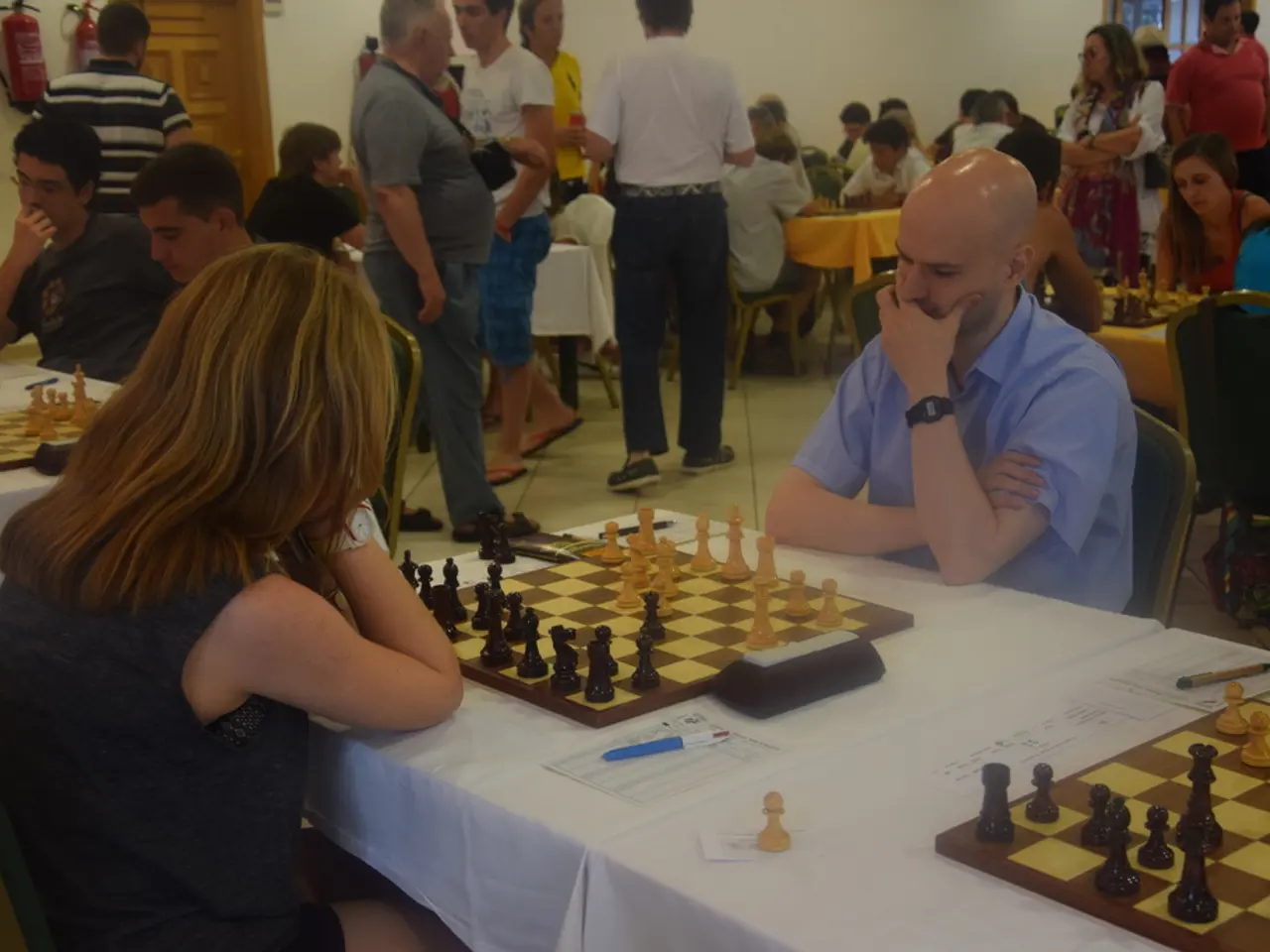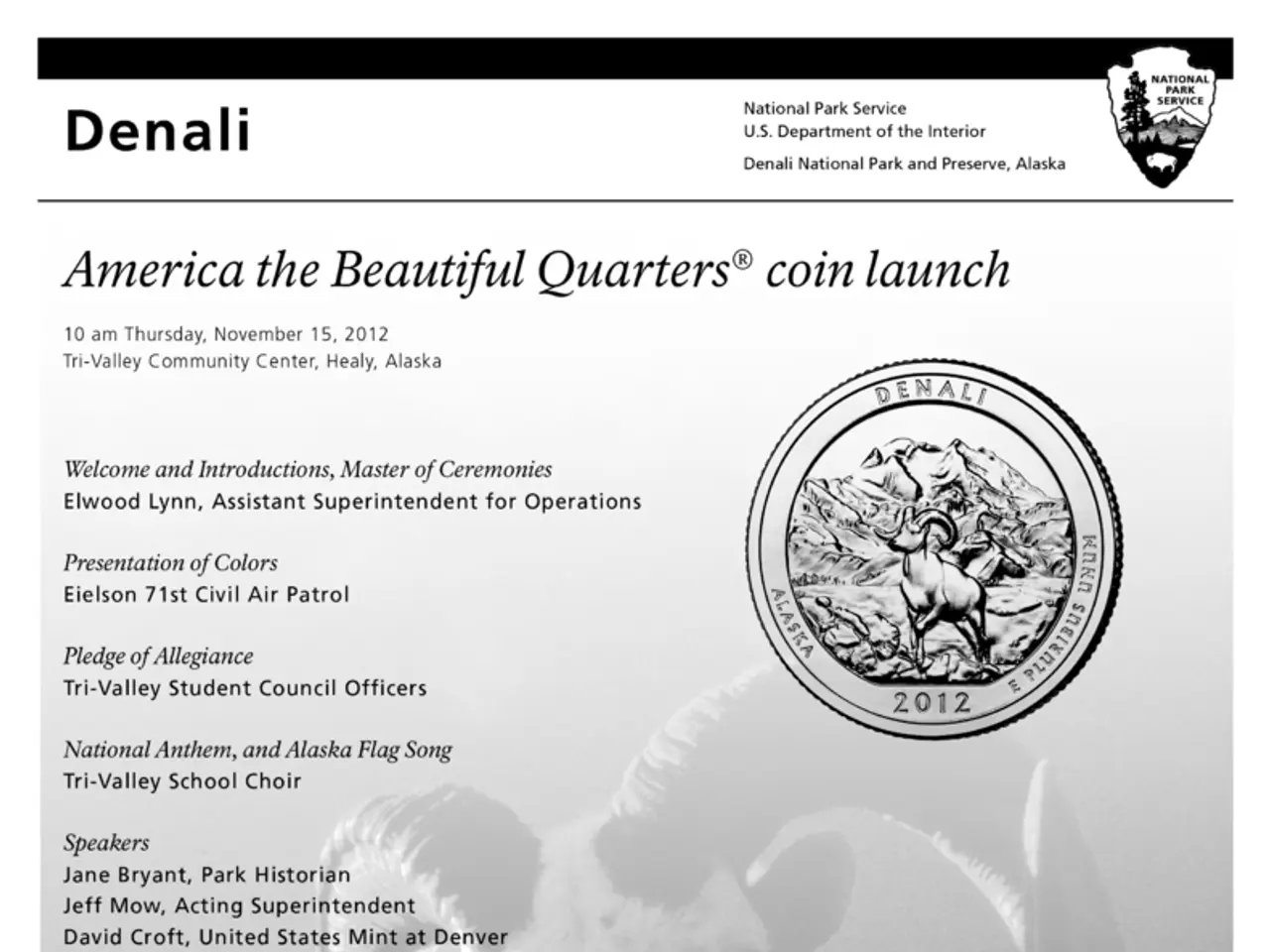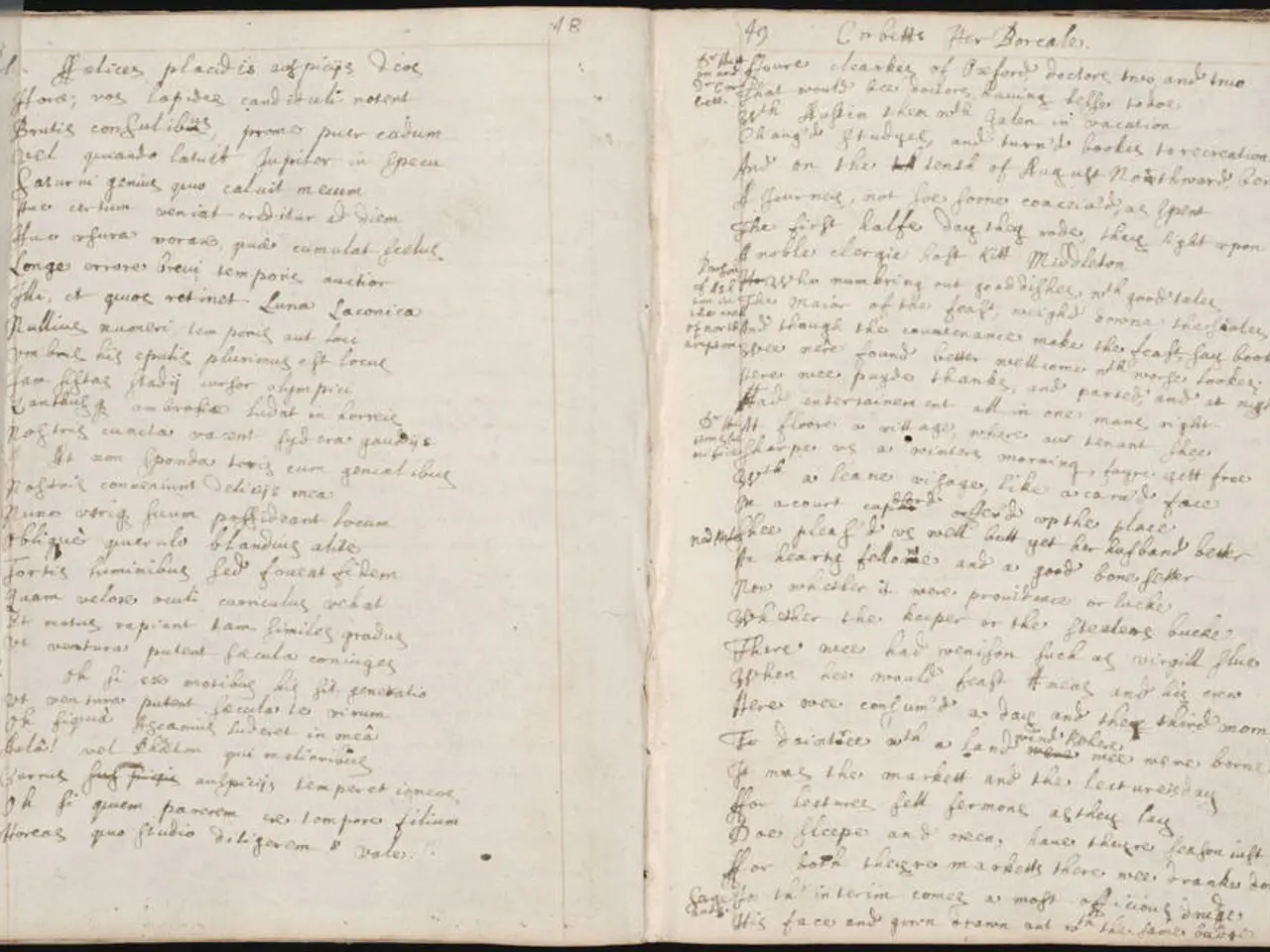Russia's Gas Dispute Intimidation: Slovakia Worried over Gazprom's $16 Billion Lawsuit Threat
Slovakia's Financial Woes loom as EU Mulls 2028 Gas Ban from Russia
Slovakia could be in hot water if the EU Commission's plan to halt gas imports from Russia by January 1, 2028 comes to fruition. The articulate folks at SPP, Slovakia's state-owned gas importer and supplier, have sounded the alarm. They've warned about the possibility of Gazprom demanding full payment for gas quantities that haven't been delivered, a move that would set SPP back a whopping 16 billion euros at current prices.
Disputable Exit from Russian Gas: SPP Voices its Concerns
SPP is none too pleased about the EU Commission's proposal for a complete split from Russian gas. They claim that this plan lacks proper evaluation of its legal and economic impact. Gazprom might interpret an early exit as a unilateral breach of contract, leading to claims against Slovakia. If this happens, Slovakia would be on the hook.
Von der Leyen Pushes for Total Ban on Russian Gas
In international news, Von der Leyen has advocated for a total ban on Russian gas, but this move faces resistance from neighboring states, including Hungary and Slovakia.
Crippling Alternative Gas Routes
The cost of transitioning to alternative gas routes is steep. For instance, the Germany-Czech Republic-Slovakia route would add approximately 93 million euros per year, while the Germany-Poland-Slovakia route could cost up to 231 million euros annually. Both of these routes are currently insufficient for meeting Slovakia's demand, making them less than ideal solutions.
Slovakia Relies Heavily on Russian Gas
If the EU enacts the ban, the impact on Slovakia's economy and consumers would be substantial. SPP estimates an additional 273 million euros in costs each year for its customer base, and that's just the beginning. The potential total cost could range from 287 to 428 million euros. A supply cut could also create significant competitive disadvantages for European companies and jeopardize energy security, particularly in Central and Eastern Europe.
Recently, SPP has doubled its imports of Russian gas via the Turkstream pipeline, underscoring Slovakia's dependence on Russian gas despite the EU's stated intention of reducing this dependency. Slovakia and Hungary have already voiced their opposition to a swift exit from Russian energy supplies, citing the potential for increased energy prices and adverse effects on their geopolitical situation.
In response to these concerns, it seems the EU is considering employing trade and energy laws to bypass national vetoes, potentially limiting Slovakia's ability to negotiate or delay the phase-out. As the situation unfolds, Slovakia will need to adapt by increasing LNG imports and strengthening regional gas transit and supply links to navigate the new landscape.
- SPP, Slovakia's state-owned gas importer and supplier, is expressing concerns about the potential economic and political implications of a complete split from Russian gas, as proposed by the EU Commission, since this plan might be interpreted as a unilateral breach of contract with Gazprom and could lead to claims against Slovakia.
- Despite the EU's intention to reduce Slovakia's dependence on Russian gas, the country has recently doubled its imports of Russian gas via the Turkstream pipeline, highlighting its heavy reliance on Russian energy supplies. This reliance, combined with the high costs and inadequacy of alternative gas routes, has led Slovakia and Hungary to voice opposition to a swift exit from Russian energy supplies.




